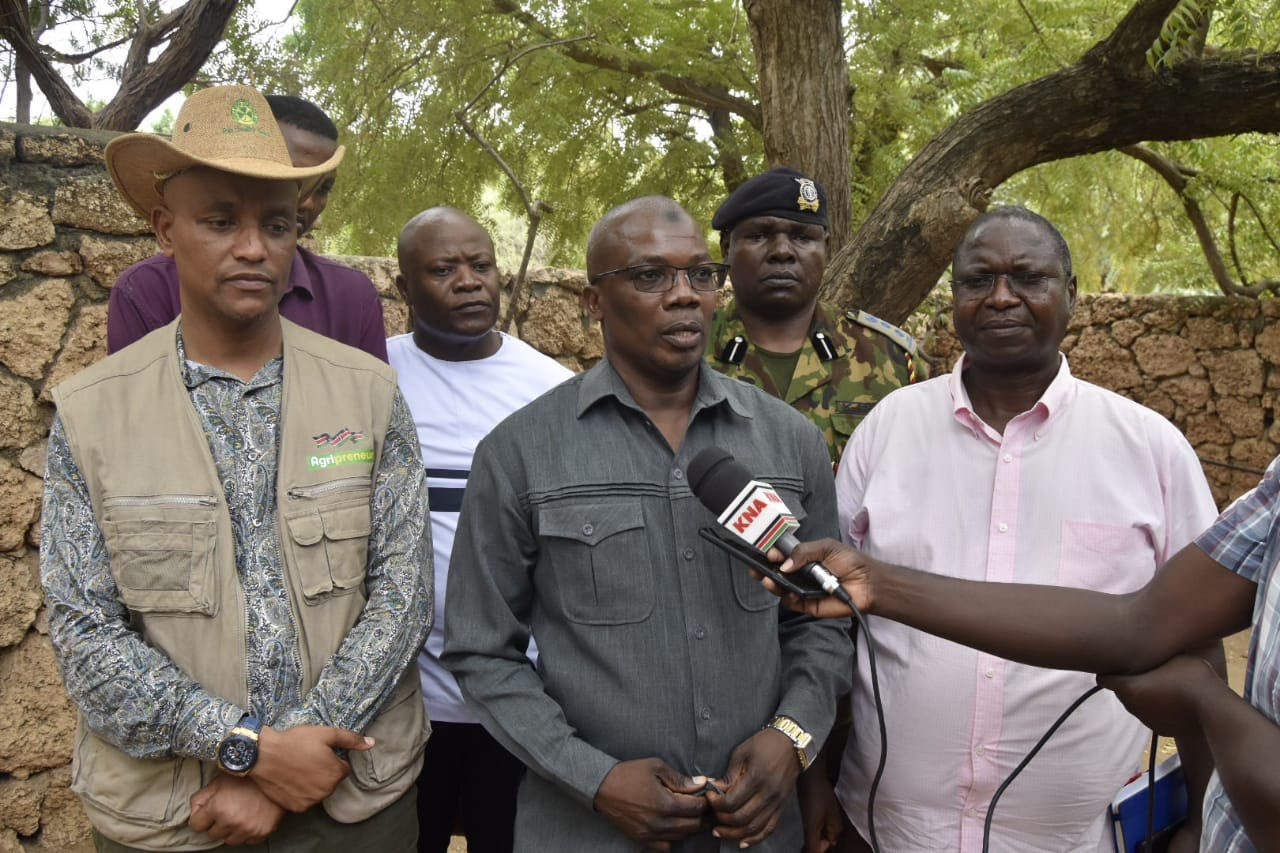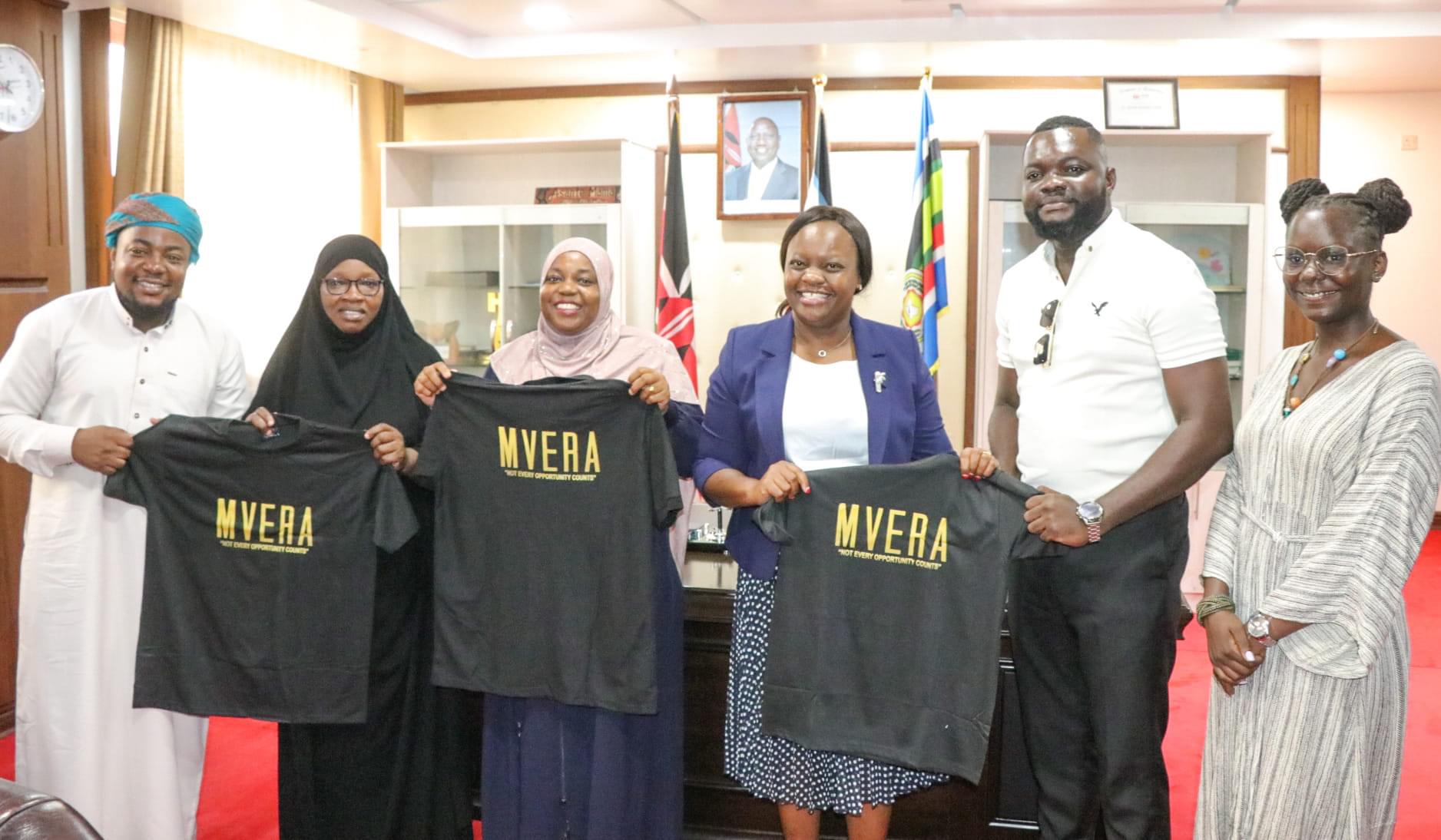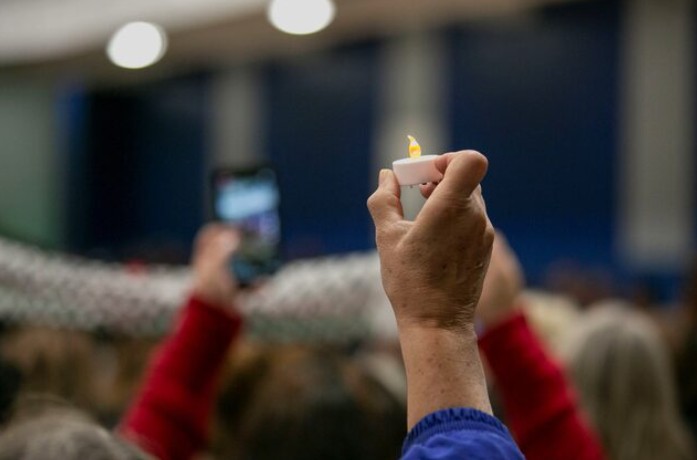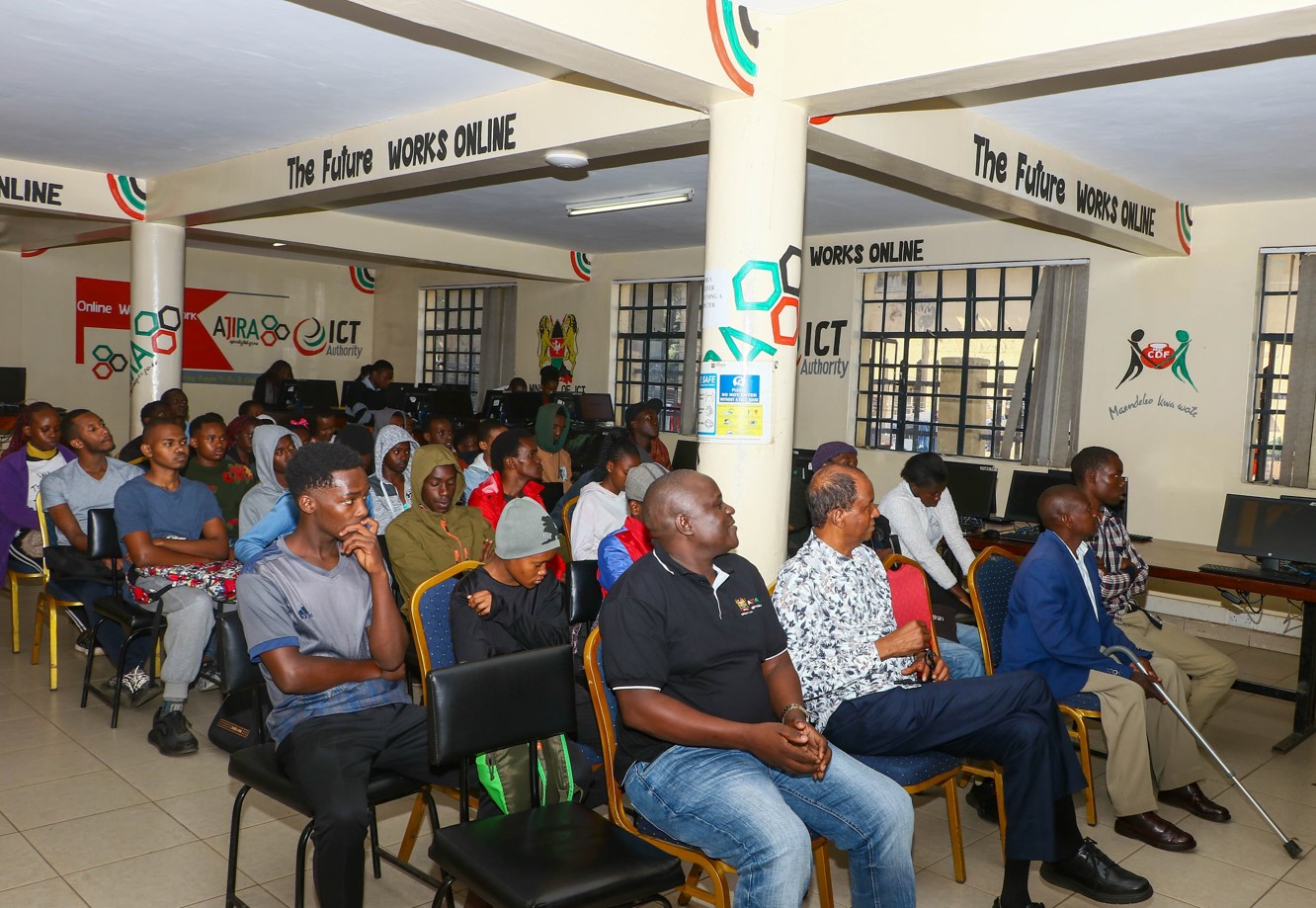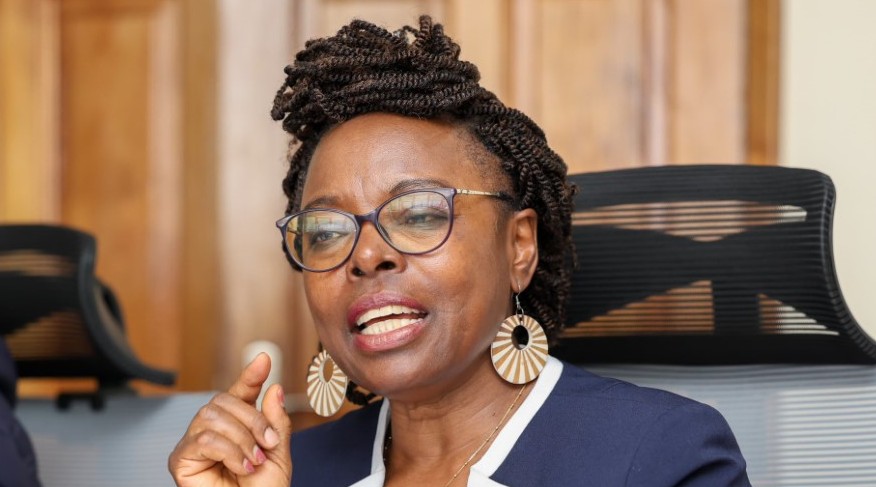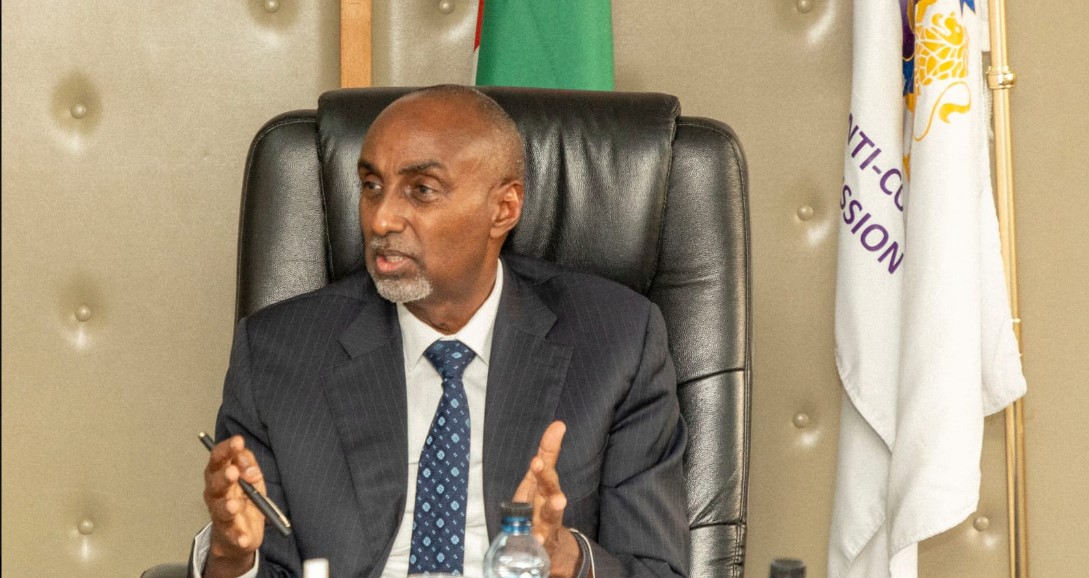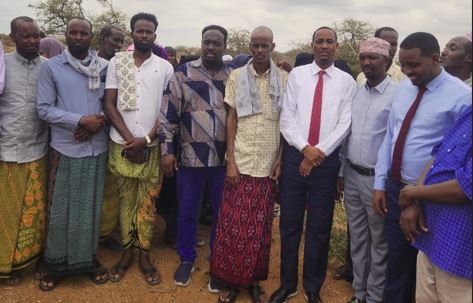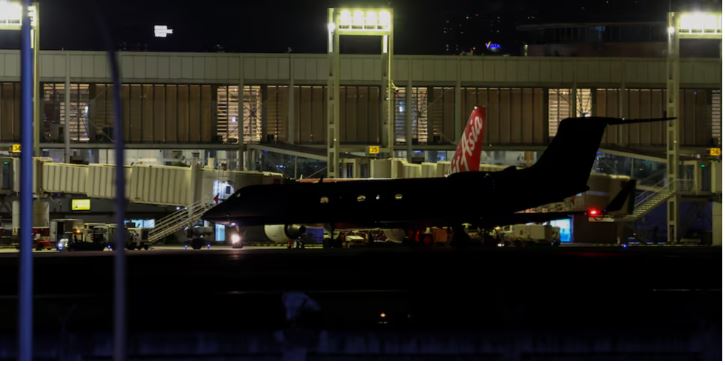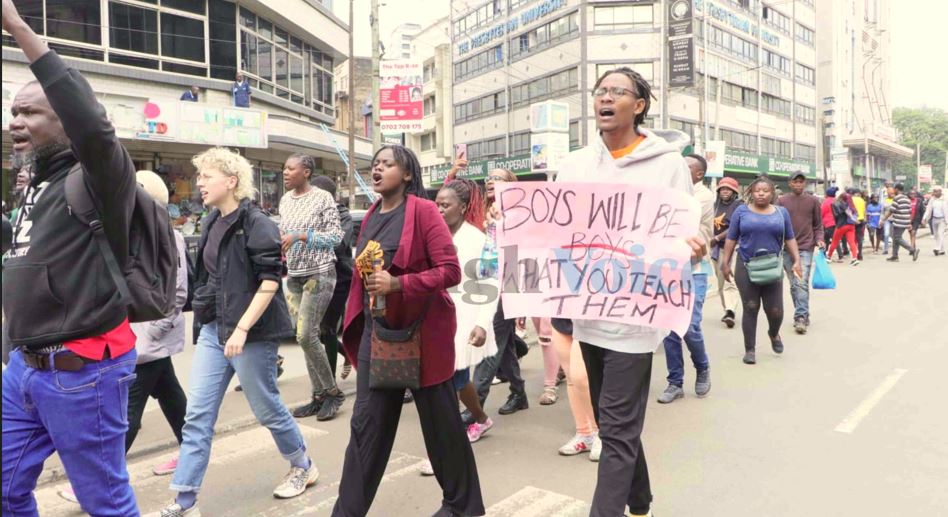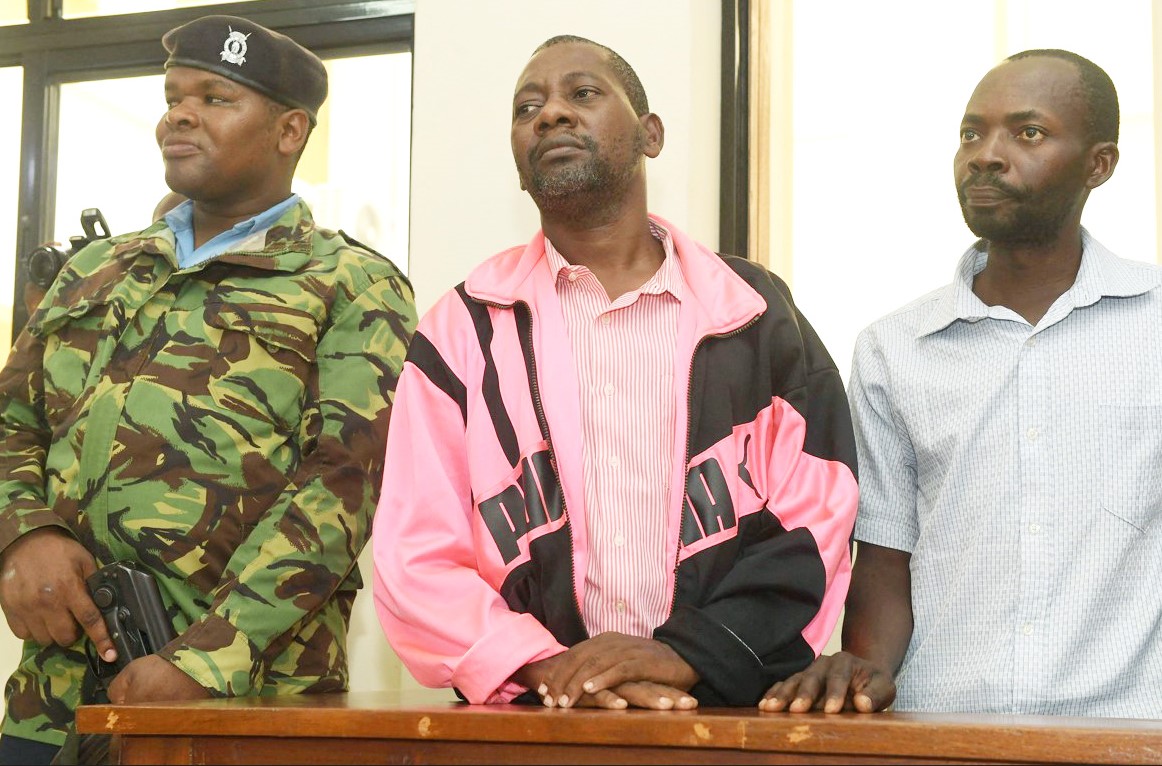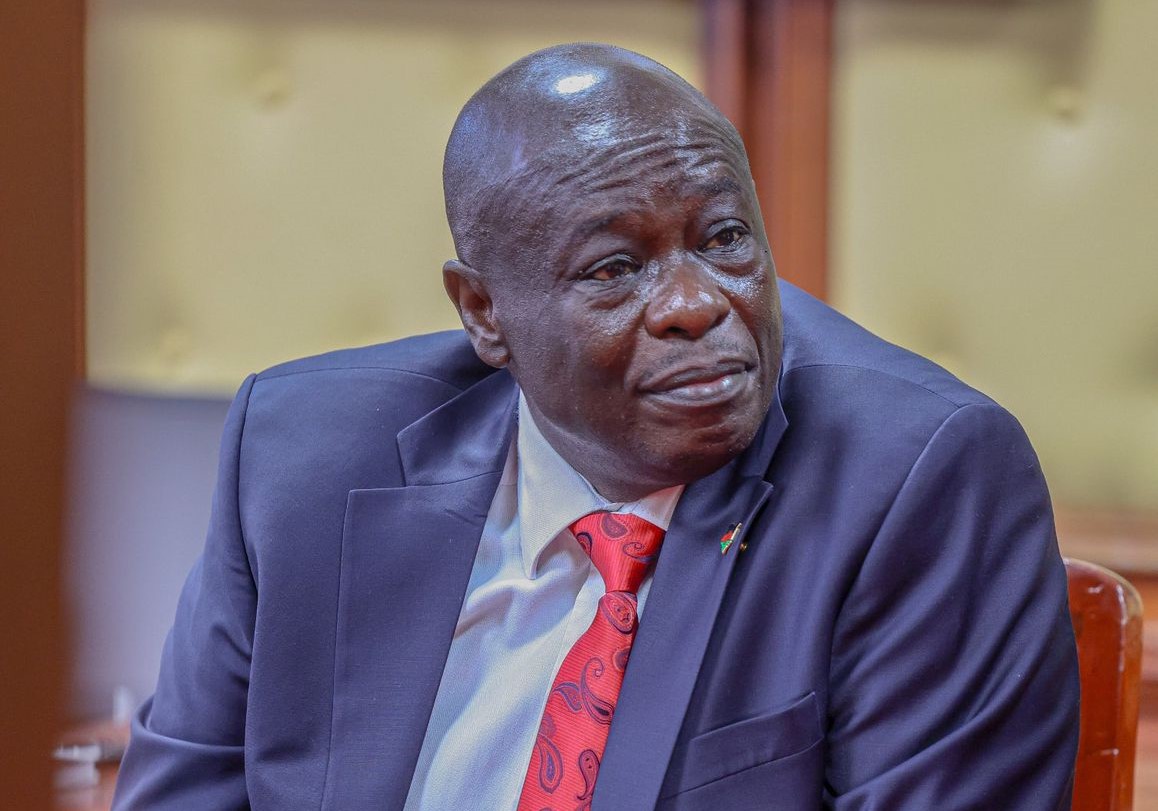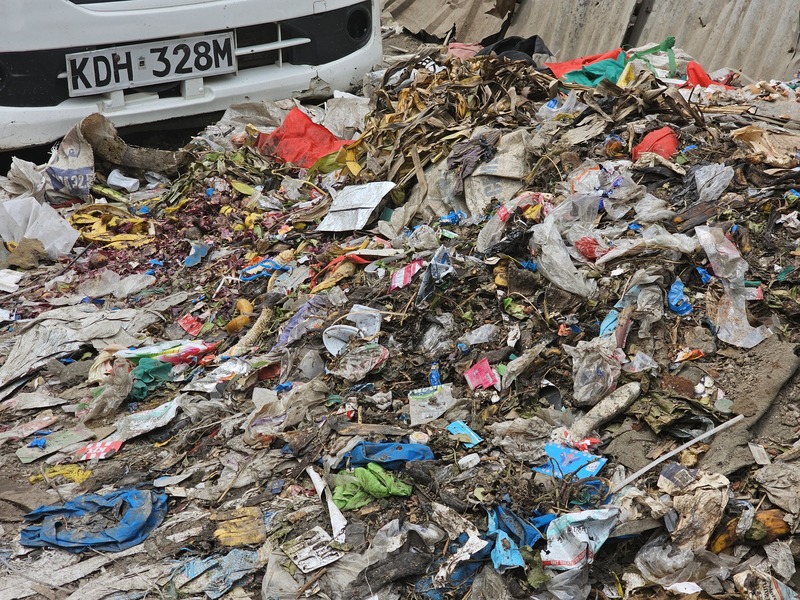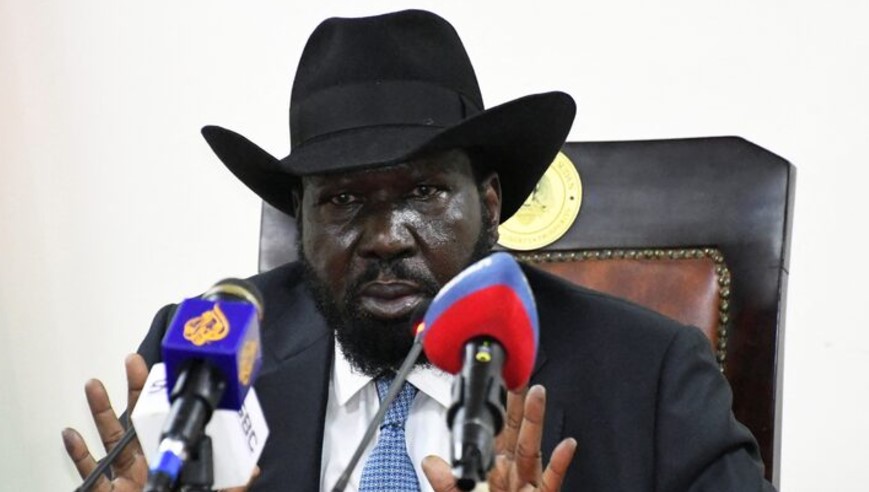Hustler Fund disbursements fall sharply as govt struggles with loan recoveries

Kenya Kwanza had pledged to set aside Sh50 billion annually for the Hustler Fund, but allocated only Sh20 billion to the fund in its first budget.
Disbursements to the Hustler Fund decreased sharply by 93.3 per cent in the Financial Year ending June 2024, falling to a mere Sh800 million due to rising loan defaults, a report by the National Treasury has revealed.
In the previous year, Sh12 billion was allocated to the fund, which saw a high uptake of its mobile lending platform.
More To Read
- Counties divert additional funds from National Treasury to salaries, limiting services
- National Treasury in a spot over Sh40 billion withdrawn and spent without MPs’ approval
- Treasury admits to Sh220 billion excess borrowing citing delays in foreign financing
- Treasury under pressure to explain unresolved Sh17.23 billion three-decade debt
This initial success led the State Department for MSMEs to push for an allocation of Sh22 billion for the following year.
However, the report notes that the Sector Working Group, which helps prioritise budgetary allocations, approved just Sh15 billion. The figure was then further reduced to Sh5 billion by the National Treasury.
By the end of June 2023, the government had disbursed Sh36 billion in loans from the revolving fund, benefiting 22 million borrowers.
Despite these efforts, the government has faced challenges in recovering the funds, with reports indicating that the initial Sh12 billion allocated for the fund had been difficult to recover.
The Hustler Fund, a key part of President William Ruto’s plan to support ordinary Kenyans — referred to as “hustlers” — gives loans ranging from Sh500 to Sh50,000 via mobile phones.
Cooperatives and MSMEs Cabinet Secretary Wycliffe Oparanya stated that of the 21 million people who borrowed from the fund, 19 million — representing 90.4 per cent of borrowers — had defaulted on their loans.
Oparanya warned defaulters, emphasising that the government was working on a tool to track them down.
“So, for those 19 million people, I am coming for you to make sure that you pay so that others can benefit,” Oparanya said.
President Ruto had also warned defaulters, stressing that they would not escape repayment.
“The Hustler Fund is not free and should be returned to the government,” he said.
Initially, Kenya Kwanza’s government had pledged to set aside Sh50 billion annually for the Hustler Fund, a promise that became a major part of their election campaign.
However, upon taking office, President Ruto’s administration allocated only Sh20 billion to the fund in its first budget, citing the need for “heavy private sector participation” and limited budgetary implications in line with the country’s commitments to the International Monetary Fund (IMF).
Two years after the fund’s launch, only Sh12.8 billion had been disbursed. This comes amid reports of a slowdown in lending, largely due to an increasing backlog of non-performing loans that the government has struggled to recover.
The Hustler Fund, launched on December 1, 2022, aims to provide affordable credit to those at the bottom of the economic pyramid, offering loans to individuals and businesses that have faced challenges in accessing traditional banking services.
Under the terms of the fund, borrowers receive 95 per cent of the loan amount, while the remaining five per cent is divided between short-term savings and pension contributions, with the government matching contributions to the pension scheme up to a maximum of Sh3,000 per year.
Top Stories Today
